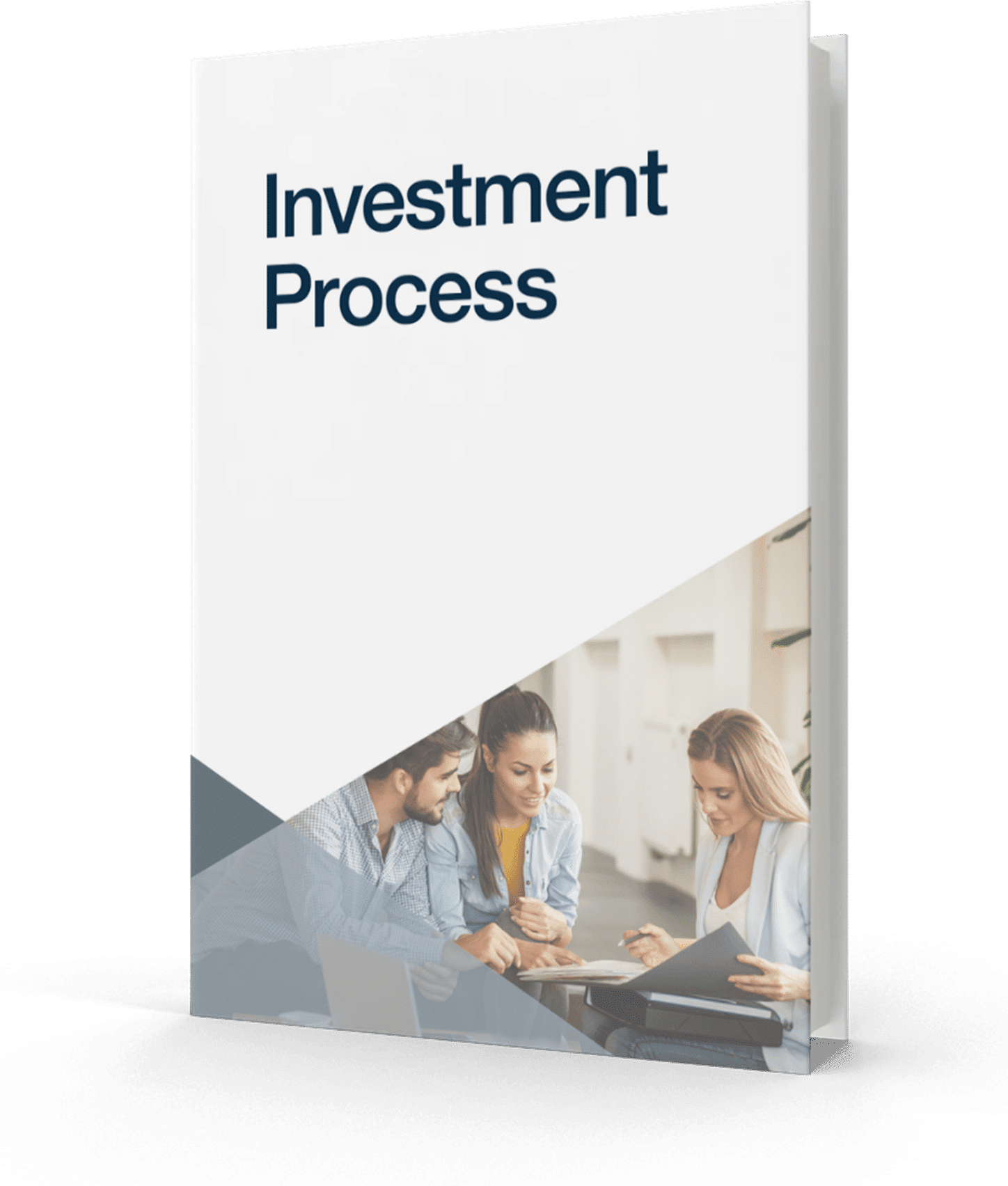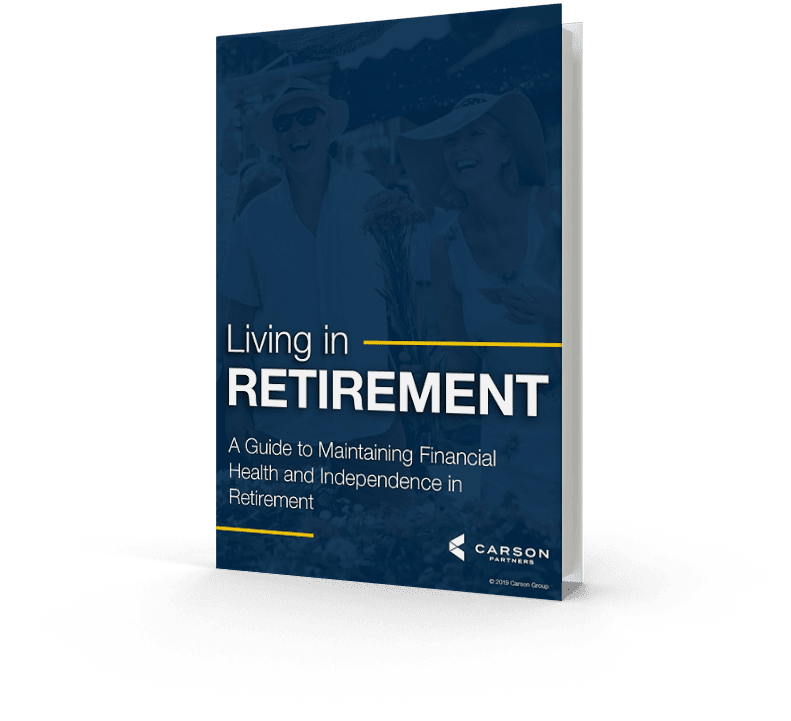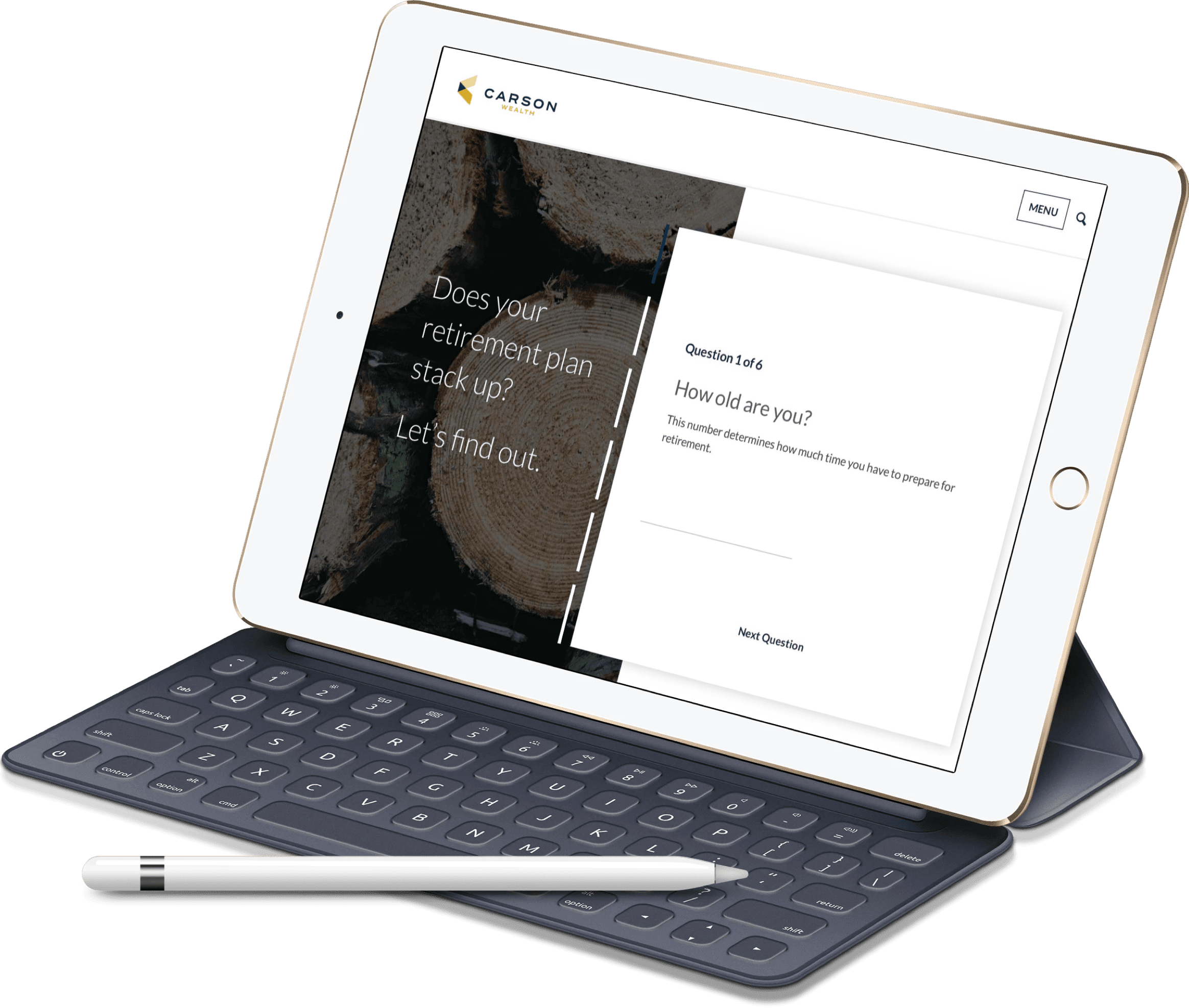Find a Financial Advisor in Bedford
Investment and retirement services in the Dallas-Fort Worth area and beyond
Our financial advisors in Bedford help individuals, families and business owners define and pursue their goals with customized wealth solutions.
We’re active members of the Bedford community and have meeting locations in Cleburne and Burleson as well (by appointment only). We understand the unique goals and needs of the people within our community and are proud to serve them.
Our personalized services include:
- Investment planning;
- Retirement planning;
- Cash flow;
- Legacy planning; and
- Tax strategies
We are honored to provide these services to the members of our community and beyond.
PLEASE CALL TO SET UP A VISIT AT EITHER OF OUR THREE LOCATIONS!
(817) 952-7260
2324 Cheek-Sparger Road
Bedford, TX 76021
(817) 952-7260
4640 East FM 1187
Burleson, TX 76028
By appointment only
(817) 952-7260
131 S Westmeadow Drive
Suite 100
Cleburne, TX 76033
By appointment only

Wealth Management

Financial Planning

Investment Management


Our Advisors
Resources

Investment Process
The investment process is the workhorse behind any sustainable investment strategy. It provides an orderly way to create and maintain a portfolio aligned with specific goals and objectives while seeking to manage investment risk.

Living in Retirement
Whether you’re confident in your ability to generate income for another 20, 30 or more years in retirement, or have concerns about how long your income may last, this guide can provide you with a better understanding of how to minimize the financial challenges today’s retirees face regardless of income level, and make the most of this exciting period in your life.

Estate Planning Simplified
While it’s easy for people to back-burner estate planning due to busy schedules, or thinking they’ve got plenty of time to get around to it, doing so can result in property and financial assets passing to unintended heirs in unintentional ways.
HOW FAR ARE YOU
From Being Ready for Retirement?

Primary Service Areas:
Bedford, Hurst, Dallas, Euless, Fort Worth, Southlake, Colleyville, Irving, Burleson, Cleburne, Alvaarado, Crowley, Mansfield, Godley, and Keene.
